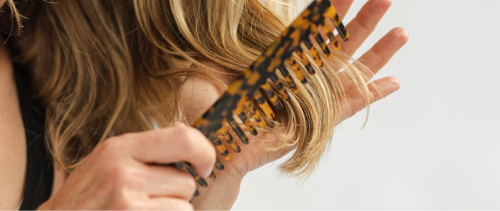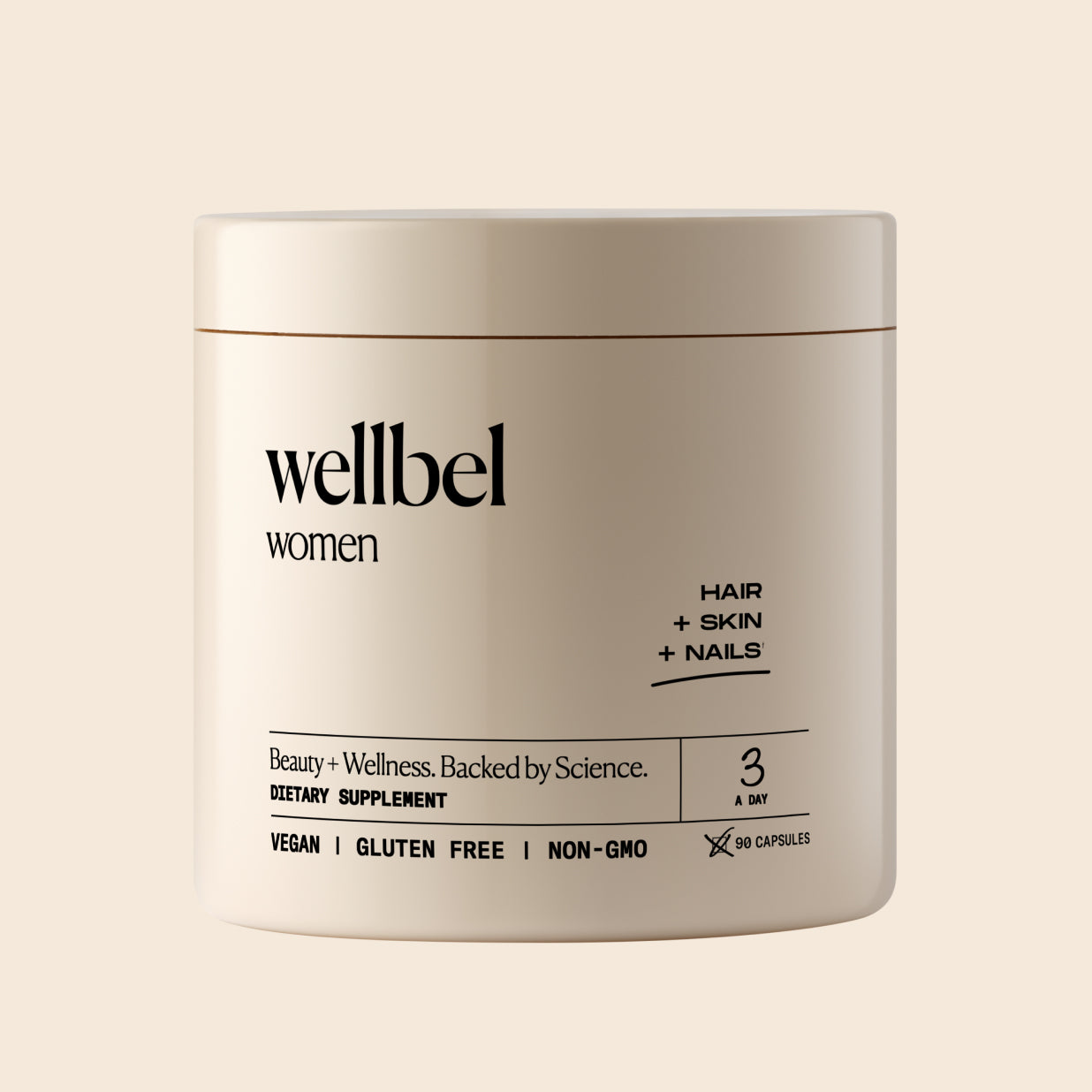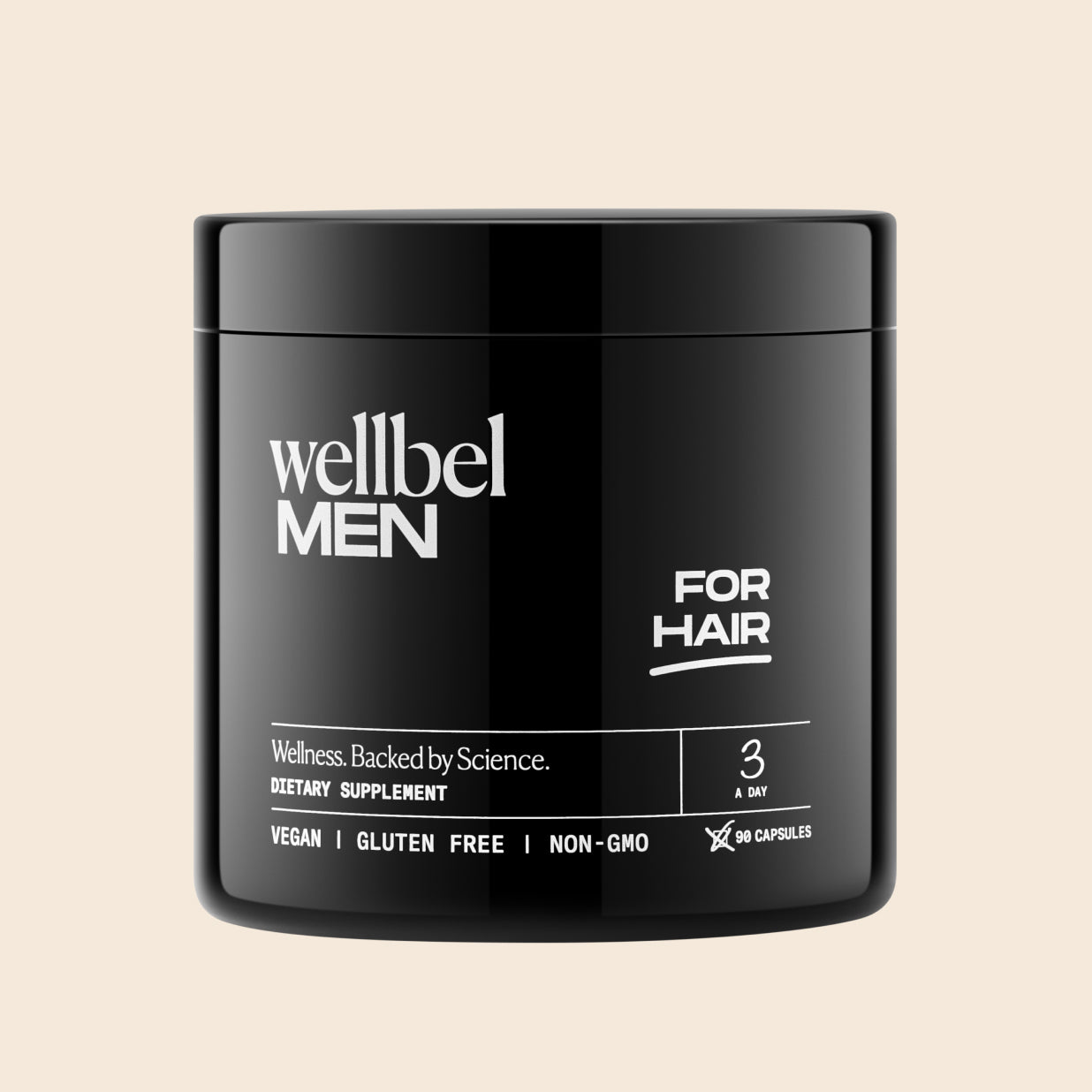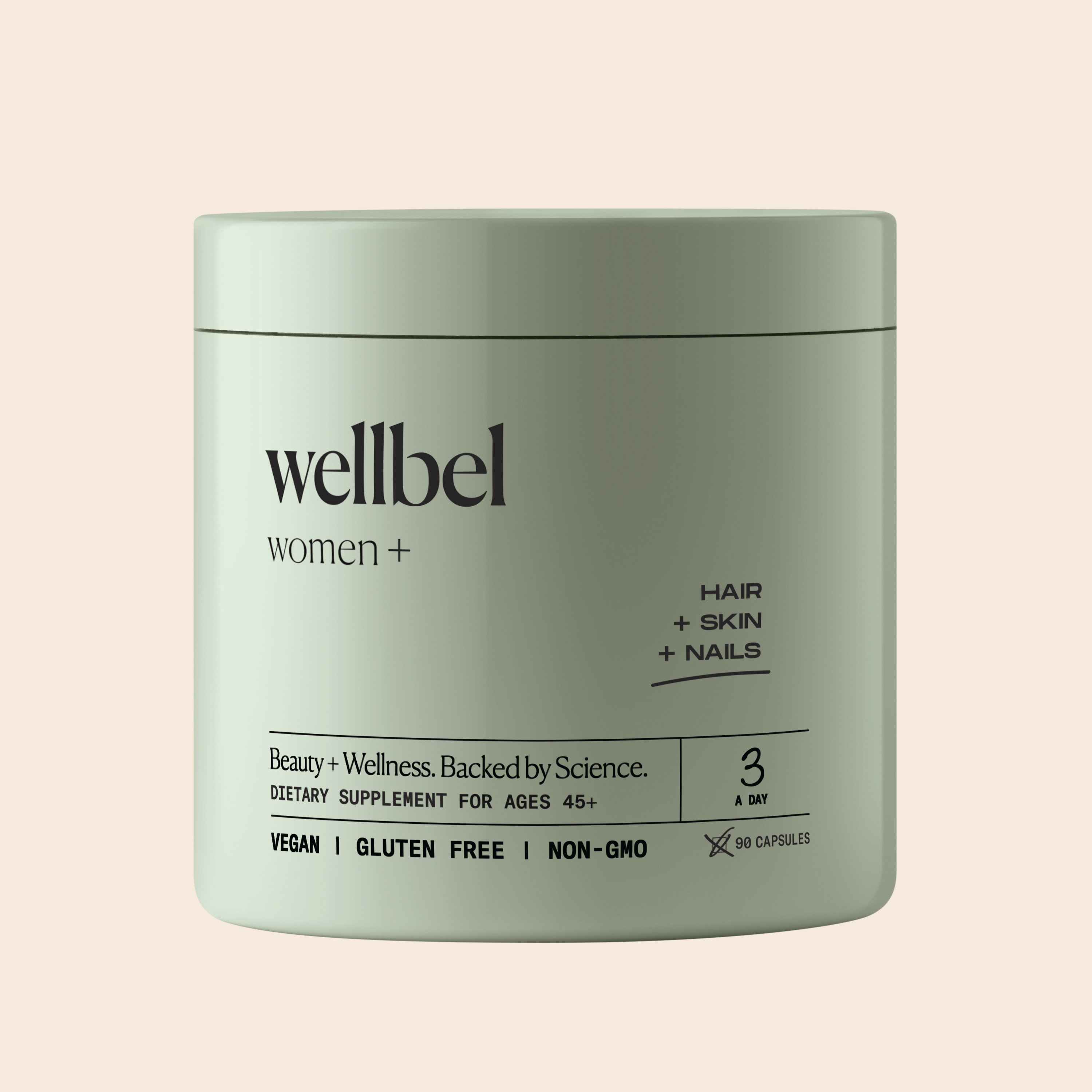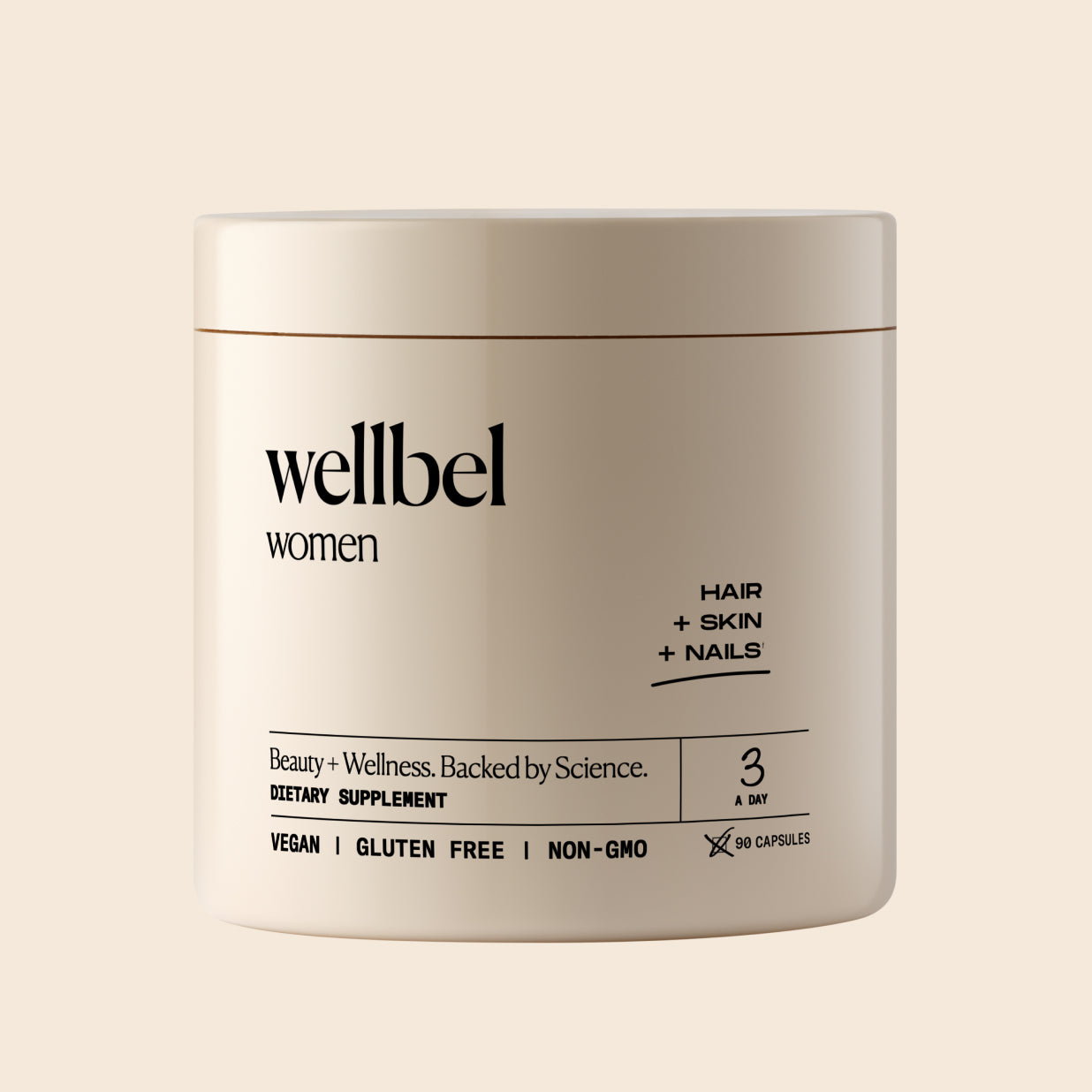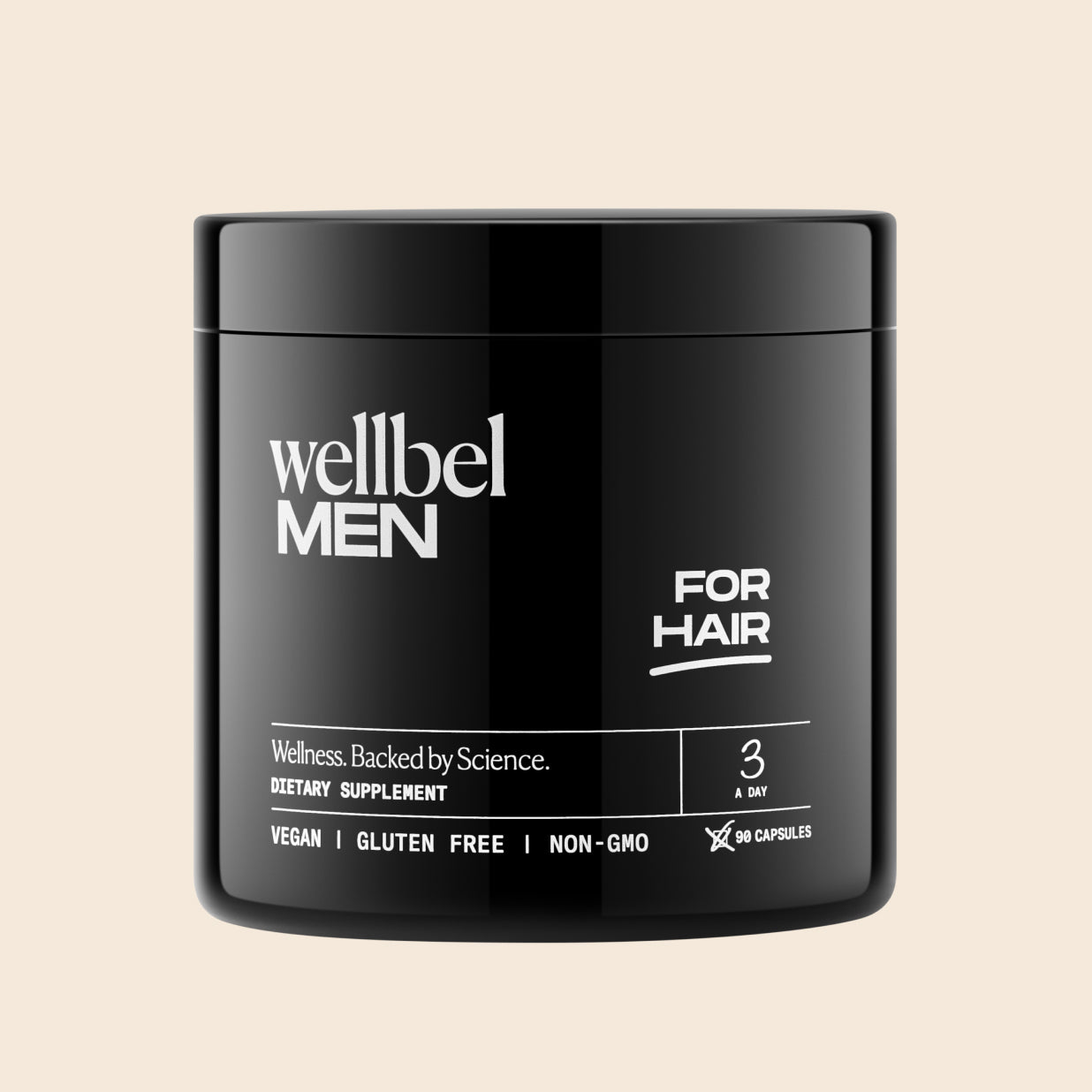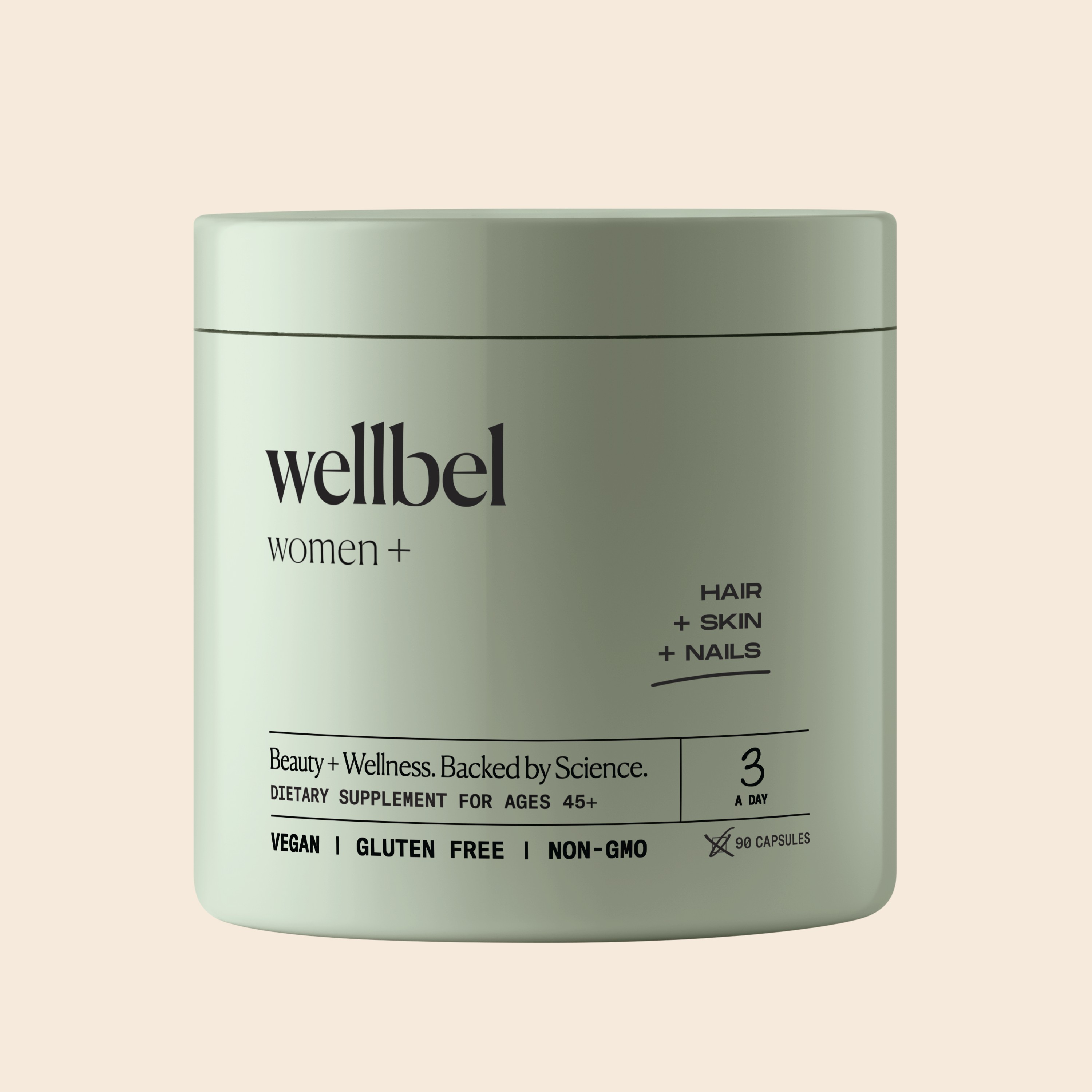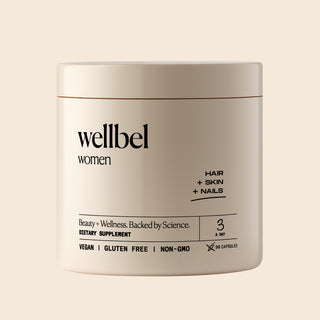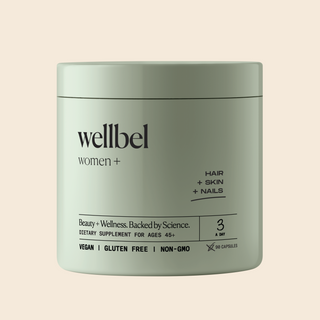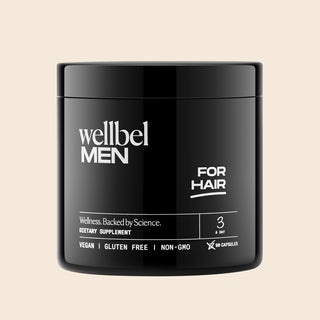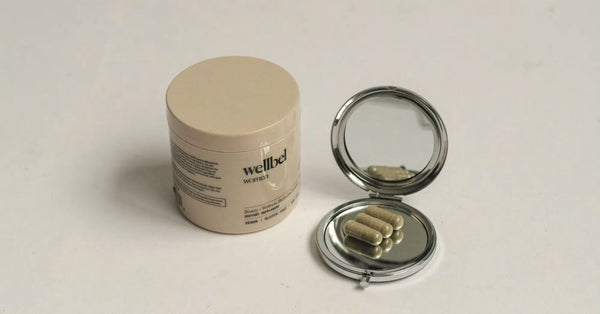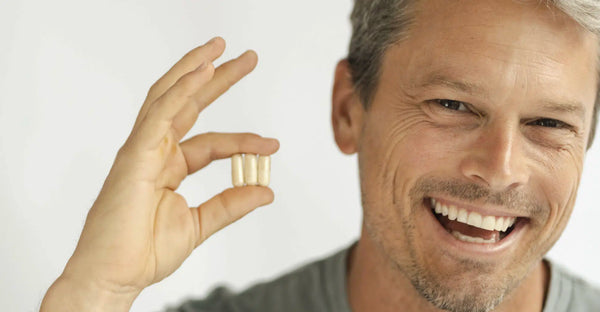Have you ever noticed that when you're going through a particularly stressful period in your life, you start shedding more hair than usual? If so, you're definitely not alone. Stress and hair loss have a complex relationship, and it's something that many people experience at some point in their lives.
In this blog post, we're going to explore the connection between stress and hair loss, as there are several ways this phenomenon can impact hair growth. We'll also take a look at some of the steps you can take to help reduce stress and promote healthy hair growth.
The Science Behind Stress and Hair Loss
So let’s get this out of the way. Can stress cause hair loss? Yes and in more ways than one. As is the case in so many conversations with hair care, stress related hair loss tends to start at the root, aka the hair follicle.
Telogen Effluvium Related Hair Loss
The first way is a condition called Telogen Effluvium. It’s the most common form of non-scarring alopecia and it’s generally tied to a sudden, stressful event. We’ve talked before about the hair growth cycle, which is made up of three major phases: anagen (growth phase), catogen (transition phase), and telogen (resting phase).
When your body experiences significant stress from a traumatic event, as much as 70% of your individual hair strands are pushed into the telogen stage, also known as the shedding phase. This essentially speeds up the hair cycle and as a result, you’ll start to see more hair in the shower drain, on your brush, or sticking to your pillowcase. Most people lose a hundred hair strands a day, but those experiencing Telogen Effluvium will lose as many as three hundred a day.
The definition of ‘traumatic event’ in cases of Telogen Effluvium is broad. Major illnesses like COVID, the flu, and pneumonia can cause hair loss related to stress. Physical trauma from accidents or surgeries, labor, or crash diets have also all been tied to stress related hair loss. Our bodies are always seeking balance and regularity. When a major anomaly appears, it affects every part of our body, including our hair.
The good news is that Telogen Effluvium hair loss is usually temporary hair loss. Hair follicles tend to recover within about six months, especially if you take care to give them the nutrients they need to thrive.
Alopecia Areata Related Hair Loss
Another kind of hair loss which is exacerbated by stress is Alopecia Areata. Alopecia Areata is an autoimmune disease, in which the body’s immune system attacks its own hair follicles, weakening them, and ultimately preventing them from producing new hair.
Alopecia Areata can be a particularly frustrating and stubborn form of hair loss. It can start out as patchy hair loss and then snowball into complete baldness on the scalp or even the entire body.
While the causes for Alopecia Areata are different for everyone — many cases are tied to genetics — there is evidence to show that chronic, severe stress can contribute to this form of hair loss. Constant stress can come from a variety of sources. Parenting, a busy job, social anxiety, or difficult relationships can all lead to chronic stress.
Unfortunately, this type of stress is toxic to the body. It will impact just about every part of you and exacerbate any pre-existing conditions, like hair thinning.
How You Can Destress for Hair Health
In all likelihood, we are one voice in a chorus telling you the importance of destressing. We have, at this moment in history, more evidence than ever to prove that mental health is instrumental to physical vitality.
But because our focus is on hair, skin, and nail health, we’ll offer some tips that can positively impact those three areas.
Practice Daily Destress Activities
Have you ever spent the majority of a yoga class thinking about your to-do list? We’re all guilty of it. But it’s precisely that impulse to multi-task and ‘be productive’ that we’re trying to avoid here.
Every day, set aside time where the only goal is to quiet your mind, body, and spirit. This can look different for everyone. Meditation, yoga, or even taking a relaxing bath, can all help reduce stress levels and promote better hair health. When we experience negative or uncomfortable feelings, our body's stress response is triggered, which can lead to inflammation and further hair loss.
So notice when you’re experiencing that heart-pounding and butterflies in your stomach feeling, give yourself the space to cool down and practice relaxation techniques. If you need a goal to focus on, remember stress regulation can decrease hair loss.
Make Self Care a Priority
When we neglect our well-being and put ourselves under constant stress, we increase our risk of losing hair, developing acne, or experiencing other skin conditions. When we are under stress, our bodies release the stress hormone cortisol, which can contribute to hair loss, breakouts, and premature aging. If you feel like you’re letting your physical and mental wellbeing slip aside, the best piece of advice we have is to set a routine.
Self-care is a crucial aspect of maintaining healthy hair and skin, but it can also positively impact our mental state. Try starting your mornings with a hair, skin, and nails supplement, which can promote hair regrowth and serve as a hair loss treatment. Build a day into your week in which you do a hair and face mask or give yourself a scalp massage.
While these activities can seem superficial, the truth is that taking care of yourself can help you feel better, reducing stress hormone levels and promoting relaxation. Really, the clear skin and moisturized hair is just a side effect of leading a more calm, structured life.
Get Plenty of Sleep
Are you getting enough sleep? Be honest!
Getting sufficient sleep is critical for overall health, including the health of our hair. Hair loss is often related to inadequate sleep, and it's not uncommon for people to notice hair falling out during periods of poor sleep. When we don't get enough sleep, our body produces higher levels of stress hormones, which can impact the health of our hair.
Think about it like this. Sleep is when our bodies repair and regenerate, including the cells that make up our hair follicles. By prioritizing quality sleep and creating a consistent sleep routine, we can promote healthy hair growth and reduce the risk of hair loss.
Eat a Balanced and Healthy Diet
What we eat plays a huge role in the health of our entire body, including our hair.
Crash dieting and fad diets that severely restrict calories or eliminate certain food groups can result in hair loss or thinning. This is because hair follicles require a variety of nutrients, including vitamins, minerals, and protein, to grow and maintain healthy hair. Pro-tip, you can ensure you’re getting enough of them with a daily supplement.
A diet lacking in these essential nutrients can cause our locks to become brittle and more prone to breakage and hair loss. In contrast, a healthy balanced diet rich in whole foods, including fruits, vegetables, sufficient protein, and whole grains, provides the necessary nutrients for healthy hair growth. As a result, hair will become stronger, thicker, and more resilient.
Seek Community and Know When to Ask for Help
Let’s set aside hair loss for a second. Stress is a normal part of life, and everyone experiences negative emotions from time to time.
However, prolonged or excessive stress can have serious negative ramifications on both our mental and physical well-being. Seeking out community and asking for help can be an effective strategy for stress management. Whether it's through joining a support group, seeking out therapy or counseling, or depending on your friends, having a support network can help us relieve stress.
Isolating ourselves and trying to deal with stress alone can magnify the effects of stress on our wellbeing, including the health of our hair and skin. So, if you're feeling overwhelmed or stressed, consider reaching out to friends, family, or mental health professionals for support. Remember, seeking help is a sign of strength, and you don't have to go through difficult times alone.
Wellness Inside and Out: The Secret to Hair Health
Can stress cause hair loss? Yes, but there’s lots you can do about it.
Promoting hair growth and preventing hair loss is not only about using the right products, but also about taking care of ourselves and our well-being. Stress, as a major stress hormone, can contribute to hair loss and hair shedding. And while there are a number of topical treatments available for hair loss, we happen to believe that focusing on your internal health will reap the most rewards.
Whether you’re dealing with Telogen Effluvium or Alopecia Areata, by prioritizing daily stress-relieving activities, eating a healthy, balanced diet that meets your nutritional minimums, and getting enough restful sleep, we can bring balance to our bodies, promoting hair growth and vitality.
